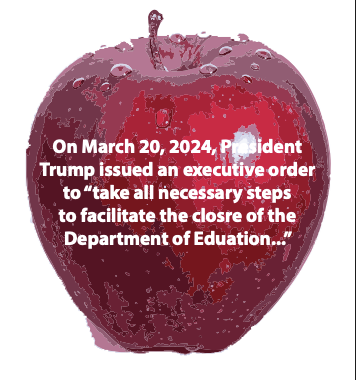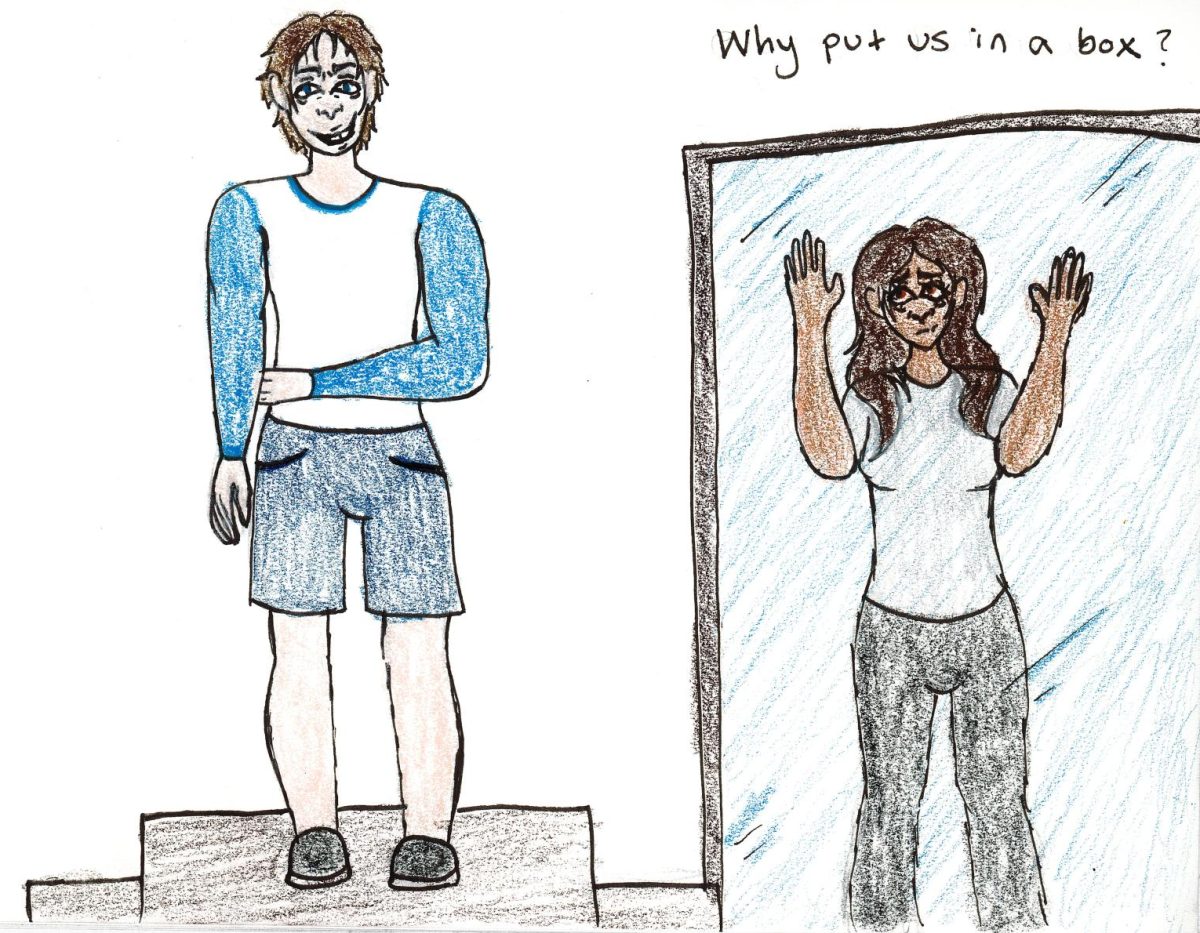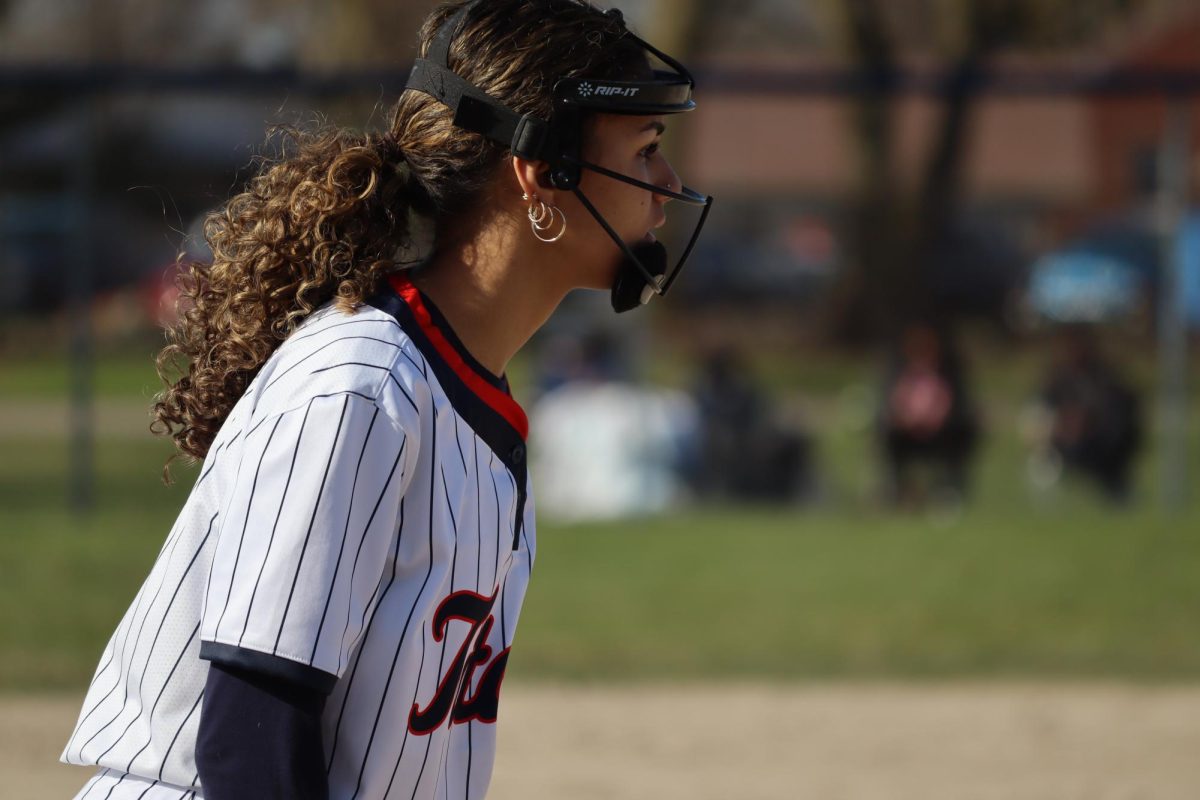Staff Policy
Code of Ethics
The responsible exercise of freedom of expression requires adherence to the highest standards of journalism. Students must learn and observe the legal and ethical responsibilities expected of practicing journalists.
Accuracy and Fairness
Accuracy is paramount. Reporters and editors must ensure stories are fair, facts are correct, and information is as complete, balanced, and unbiased as possible. Sources of information and ideas must be clearly stated. Anonymous sources will only be used when no alternative exists to obtain vital information, or when disclosure might cause harm to the source.
Reporters must avoid writing about clubs, organizations, family members, or teams they are involved in unless it is an opinion piece. Friends should only be used as sources when no other options are available.
The publication will not print material that unfairly targets or embarrasses individuals or groups unless the story addresses public responsibility. In these cases, all relevant perspectives must be represented.
Ethical Reporting
No article, photograph, or artwork will distort or sensationalize the news. Content must be presented in a manner appropriate to the topic and audience. Innuendo and unsubstantiated rumors are prohibited unless they raise a legitimate concern for the school community and are clarified with the intent to uncover the truth.
For issue-oriented or potentially controversial content, staff must demonstrate sensitivity to all components of the school community. Reporting must rely on diverse, specific sources and present balanced, fair, and comprehensive perspectives. Reader interest alone does not justify a story unless it serves the audience’s needs.
Diversity in coverage is essential. Reporters and photographers will strive to include sources and subjects that reflect the entire school population in terms of ethnicity, age, gender, and social groups. Diversity will be reviewed after each issue.
Language and Quotes
Language must be appropriate for the school community. Inappropriate words are not permitted, though direct quotes essential to a story may include such words with partial redaction (e.g., hyphenated letters).
Sources may review their quotes upon request. If a source disputes a quote, the Editorial Board will decide whether to proceed with publication.
Responsibility for Accuracy
All staff are collectively responsible for the material published. Recordings and notes must be retained to verify quotes if challenged. All material must strive for the highest standards of accuracy and completeness. Corrections for factual errors will be promptly published.
Interviews should be conducted face-to-face. Phone interviews are acceptable for fact-checking or follow-ups but written or internet-based interviews are prohibited. Notes from interviews must be kept throughout the year.
Editorial Policy
Editorials represent the collective opinion of the staff and are approved by the Editorial Board. Opinion pieces, including dissenting opinions, may be submitted by staff members. Editorials critical of policies or actions must suggest practical alternatives.
Columns express individual opinions and are bylined. Exceptional columnists may be awarded personalized column headings based on consistent high-quality writing.
Photography and Artwork
Photography and artwork are integral to the publication. Photo and art assignments are managed by the photo/art editor. Editorial cartoons must be reviewed by the Editorial Board. Artwork must be free of subliminal messages, innuendo, or inside jokes.
Advertising
Advertising supports the publication financially. Ads deemed obscene, libelous, misleading, in poor taste, or illegal to minors will not be accepted. Political and controversial issue ads are prohibited. Final decisions on advertising content rest with the Editorial Board.
Letters to the Editor
The publication serves as a forum for the exchange of ideas. Letters must be signed, limited to 300 words, and address issues rather than personal grievances. Letters may be edited for mechanics, space, and libel concerns. The staff reserves the right to reject letters.
Social Media and Online Policy
Social media platforms will promote content and engage the community while upholding the same journalistic standards as print reporting. Mistakes will be corrected transparently, and inappropriate comments will be removed. Online comments require verifiable names and emails and will be reviewed before publication.
Death Policy
If a current student, staff, or faculty member passes away, a factual obituary of 150–300 words will be published, including a mugshot if available. The family’s permission will be sought before publication. Suicide will not be listed as a cause of death, and issues will not be dedicated to or in memory of the deceased.


































